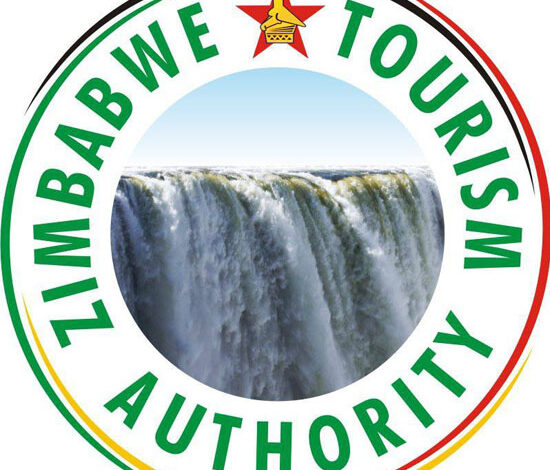Enhancing Tourism Infrastructure in Zimbabwe: Boosting Economy and GDP

The Zimbabwean government has launched a series of initiatives aimed at upgrading the country’s tourism infrastructure. These efforts are designed to improve the visitor experience. They will also increase tourist arrivals and ultimately boost Zimbabwe’s economy and GDP. This article explores the government’s initiatives to enhance tourism, their expected impact and the benefits they will bring to Zimbabweans.
Enhancing Tourism Infrastructure
One of the primary focuses of the government’s initiatives is improving the country’s tourism infrastructure through ZIDA1 and the ZTA. Additionally, this includes upgrading airports, developing new hotels and lodges, and enhancing transportation networks. The goal is to make Zimbabwe more attractive to visitors while ensuring a smooth travel experience.
Victoria Falls Development
Furthermore, a significant portion of these efforts is concentrated around Victoria Falls, one of Zimbabwe’s most popular tourist attractions 1. The government has designated Victoria Falls as a Tourism Special Economic Zone and International Financial Center. Therefore, this could attract much-needed investments in the area. Additionally, the government has lengthened the runway at Victoria Falls airport to accommodate all varieties of jumbo jets and created a new passenger terminal 1. This shows government initiatives to enhance tourism in Zimbabwe.
Wildlife Tourism Opportunities
Also, Zimbabwe’s rich wildlife is another key focus of the tourism initiatives. The country has several national parks and natural attractions such as Hwange National Park, Mana Pools, Gonarezhou National Park, and Lake Kariba 1. These areas offer opportunities for specialised training on sustainable tourism practices and direct investment in eco-travel and adventure travel businesses 1.
Investment Incentives
Furthermore, to encourage private sector involvement in the tourism sector, the government has implemented various incentives 1. These include tax breaks in the Tourism Development Zones. The is also tax exemption for investment in the Victoria Falls Tourism Special Economic Zone. Such measures aim to stimulate growth in the sector and attract both local and foreign investors.
Expected Economic Impact
These government initiatives are expected to have a significant positive impact on Zimbabwe’s economy and GDP. Tourism is already Zimbabwe’s third-largest sector after mining and agriculture. Therefore, it has the potential to play a more prominent role in the country’s economic recovery 1.
According to recent statistics, tourist arrivals to Zimbabwe rose in 2023 to over 1.6 million from a little over 1 million in 2022. In 2022 revenue generated was $911 million in compared to $397 million in 2021 and these are the recent statistics. This growth demonstrates the sector’s potential and suggests that further investment could lead to even greater economic benefits.
Job Creation and Local Development
Beyond just boosting GDP, these initiatives also promise significant job creation opportunities. The development of new hotels, lodges, and tourism facilities will require construction workers. Alos, the expanded tourist industry will create positions in hospitality, guiding and related services.
Challenges Ahead
Moreover, while the government’s initiatives show promise, there are still challenges that need to be addressed. The local infrastructure (road, rail, water, telecoms, and energy) is outdated and in need of rehabilitation 1. Additionally, Zimbabwe faces significant challenges from climate change, which will continue to impose high costs on the economy 2.
Conclusion
Finally, the government initiatives to enhance tourism infrastructure in Zimbabwe represent a significant step towards improving the country’s economic prospects. By investing in infrastructure, promoting sustainable tourism practices, and offering incentives to private sector involvement, Zimbabwe aims to capitalise on its natural attractions and boost its position as a tourist destination.
These efforts not only promise to increase foreign exchange earnings but also create opportunities for local communities to benefit directly from tourism. As the sector grows, it has the potential to become an even more significant contributor to Zimbabwe’s GDP and economic development, ultimately benefiting Zimbabweans across the country.




